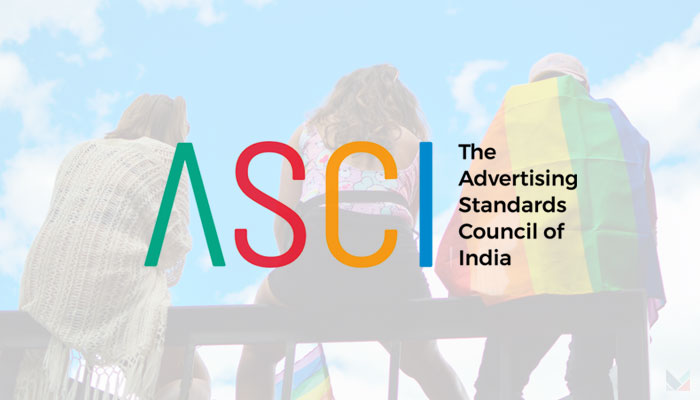Free Courses Sale ends Soon, Get It Now


Free Courses Sale ends Soon, Get It Now



Copyright infringement not intended
Picture Courtesy: https://theprint.in/economy/advertisement-authority-acted-against-101-advertisements-featuring-celebrities/2097994/
Context: The Advertising Standards Council of India (ASCI) has processed complaints against 101 advertisements featuring celebrities, revealing that they continued to appear in ads violating the ASCI code.
Overview of ASCI's Actions
Complaints Against Celebrity Ads
Categories of Violations
Nature of Violations
|
Digital vs. Print/TV Ads ●Proportion: Digital ads accounted for 85% of the ads processed by ASCI. This high percentage reflects the growing prevalence of digital marketing. ●Compliance Rate: Digital ads had a lower compliance rate of 75% compared to 97% for print and TV ads. This suggests that digital advertising platforms may have less stringent oversight or that advertisers take more liberties in digital spaces. |
Advertising Standards Council of India (ASCI)
Origin and Establishment
Objectives and Code for Self-Regulation
ASCI aims to maintain and enhance public confidence in advertising. It ensures that advertisements are:
Scope of ASCI
Recognition and Collaborations
Organizational Structure
Functions and Process
Achievements and Impact
Conclusion
Source:
|
PRACTICE QUESTION Q. What are the major challenges faced by the Indian government in its efforts to promote digital literacy and bridge the digital divide, particularly in rural and remote areas of the country? How can these challenges be effectively addressed? |
© 2024 iasgyan. All right reserved